Hibiscus contains abundant antioxidants and may provide a variety of health advantages. Notably, it could support weight management, hinder the growth of certain bacteria and cancer cells, and contribute to heart and liver wellness.
Hibiscus is available as a concentrated extract or, more commonly, as an herbal infusion. Hibiscus tea is prepared by steeping parts of the hibiscus plant in boiling water.
It offers a tart flavor reminiscent of cranberries and can be enjoyed hot or chilled.
There are hundreds of hibiscus species that vary with region and climate, but Hibiscus sabdariffa is the variety most frequently used to make hibiscus tea.
Scientific research has identified several potential health benefits associated with drinking hibiscus tea, including reductions in blood pressure, antibacterial effects, and possible support for weight loss.
This article summarizes 8 benefits of hibiscus.
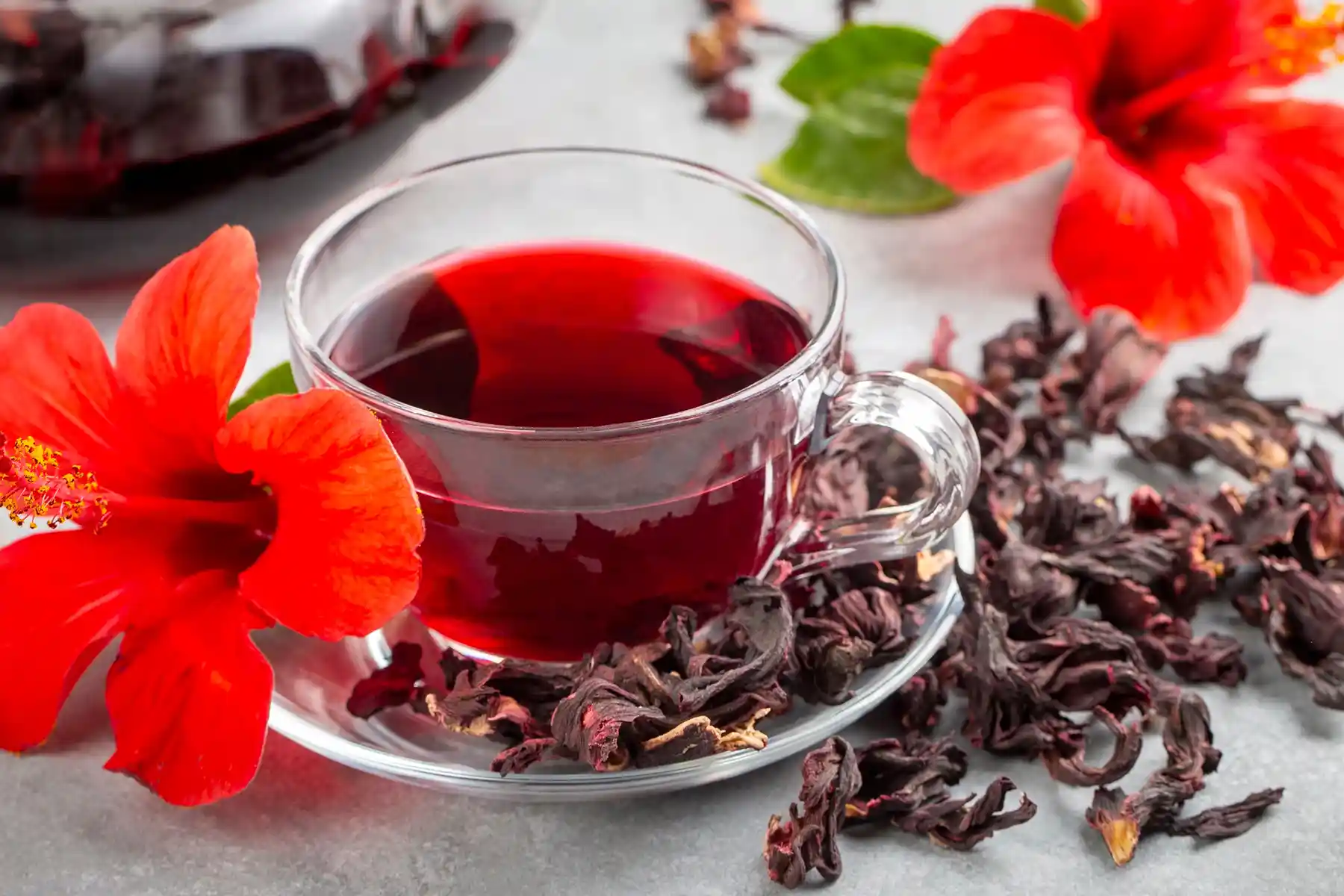
1. Rich in antioxidants
Antioxidants are compounds that defend against free radicals — unstable molecules that can damage cells.
Hibiscus is loaded with potent antioxidants, which may help prevent damage and disease linked to free radical accumulation.
One study in individuals with Marfan syndrome, a disorder of connective tissue, showed that an infusion of hibiscus extract lowered oxidative stress and boosted antioxidant markers in the bloodstream.
An animal study reported similar outcomes, indicating that hibiscus extract helped shield rat cells from damage.
Keep in mind that these investigations used concentrated hibiscus extract rather than hibiscus tea. More research is necessary to understand how the antioxidants in hibiscus tea might affect humans.
SummaryAnimal research has demonstrated antioxidant effects of hibiscus extract. Further studies are required to clarify how this may apply to humans.
2. Could reduce blood pressure
One of the better-known and most notable effects of hibiscus tea is its potential to lower blood pressure.
Over time, elevated blood pressure places extra strain on the heart and can contribute to heart failure. It’s also linked to heightened risk of cardiovascular disease.
Multiple studies indicate that hibiscus tea may reduce both systolic and diastolic blood pressure.
In a small trial, 46 individuals with high blood pressure consumed either hibiscus tea or a placebo. After one month, those drinking hibiscus tea experienced a larger drop in both systolic and diastolic blood pressure compared with the placebo group.
Likewise, a 2015 analysis of five studies found that hibiscus tea lowered systolic and diastolic blood pressure by an average of 7.58 and 3.53 mmHg, respectively.
Although hibiscus tea may be a safe, natural option to help reduce blood pressure, it is not advised for people taking antihypertensive medications because of possible interactions (8).
SummarySome research suggests hibiscus tea can lower both systolic and diastolic blood pressure. To avoid drug interactions, it shouldn’t be used alongside blood pressure medications.
3. May improve blood lipid profile
Beyond its blood pressure benefits, some studies indicate that hibiscus tea may positively influence blood lipid levels — another factor in cardiovascular risk.
In a small 2009 trial, 60 people with diabetes drank either hibiscus tea or black tea. After one month, those who consumed hibiscus tea showed increased HDL (good) cholesterol and reductions in total cholesterol, LDL (bad) cholesterol, and triglycerides.
An earlier study in people with metabolic syndrome found that 100 milligrams of hibiscus extract daily was linked to lower total cholesterol and higher HDL cholesterol.
A 2022 review concluded that hibiscus tea could lower LDL cholesterol more effectively than other teas or placebo (12).
However, not all studies agree. A review of seven trials totaling 362 participants reported that hibiscus tea did not significantly lower total cholesterol or triglycerides.
Most positive findings come from studies in people with specific conditions like diabetes or metabolic syndrome.
Larger trials are needed to confirm whether hibiscus tea affects cholesterol and triglyceride levels in the broader population.
SummarySome evidence suggests hibiscus tea can improve cholesterol and triglyceride levels in individuals with diabetes or metabolic syndrome, but results are mixed and more research in the general population is necessary.
4. May support liver function
The liver performs numerous essential tasks — from producing proteins and bile to breaking down fats — that are critical for health.
Research suggests hibiscus may support liver function and help maintain efficient liver activity.
A small 2014 trial of 19 overweight participants found that taking hibiscus extract for 12 weeks improved liver steatosis — a condition characterized by fat buildup in the liver that can progress to liver failure.
A hamster study also indicated hibiscus extract’s potential to reduce markers of liver damage.
In 2022, another animal study found that hibiscus extract improved fatty liver disease in rats fed a high-fat diet.
Again, these studies focused on concentrated hibiscus extract rather than hibiscus tea. More human research is needed to determine the effects of hibiscus tea on liver health.
SummaryHuman and animal studies indicate hibiscus extract may benefit liver health by lowering markers of liver damage and improving fatty liver disease.
5. Could aid weight loss
Several studies suggest a link between hibiscus consumption and weight loss, indicating it might help guard against obesity.
In a small 2014 study, 36 overweight participants received either hibiscus extract or a placebo. After 12 weeks, those taking hibiscus extract experienced reductions in body weight, body fat, BMI, and waist-to-hip ratio.
Animal research supports these findings, suggesting hibiscus extract may help reduce body weight and appetite by preventing fat cell accumulation.
Current evidence relies largely on studies using concentrated hibiscus extract. Further trials are required to determine how drinking hibiscus tea might affect weight loss in people.
SummaryA few human and animal studies associate hibiscus extract intake with reductions in body weight and body fat, but additional research is necessary.
6. Contains compounds with potential anticancer effects
Hibiscus is rich in polyphenols, compounds that have demonstrated notable anticancer activity in some studies.
Laboratory studies have shown promising effects of hibiscus extract against cancer cells.
`One in vitro study found hibiscus extract hindered cell growth and reduced invasiveness of oral and plasma cell cancers.
Another lab study reported that hibiscus leaf extract prevented human prostate cancer cells from spreading.
Hibiscus extract and its constituents have also been found to inhibit growth of other cancer cell types in test-tube experiments, including breast, stomach, and skin cancers.
Remember that these results come from test-tube research using high doses of hibiscus extract. Human studies are needed to assess whether hibiscus tea could have similar effects.
SummaryTest-tube studies indicate hibiscus extract can slow growth and spread of various cancer cells. Human research is needed to evaluate the effects of hibiscus tea.
7. Could inhibit bacterial growth
Bacteria are single-celled organisms that can cause infections such as bronchitis, pneumonia, and urinary tract infections.
Some laboratory studies have found that, along with antioxidant and anticancer properties, hibiscus may offer protection against bacterial pathogens.
One test-tube study showed hibiscus extract inhibited E. coli, a bacterium that can cause cramping, gas, and diarrhea.
Another in vitro study found the extract was active against eight bacterial strains and was as effective as certain medications used to treat bacterial infections.
No human studies have yet evaluated the antibacterial effects of hibiscus tea, so it remains uncertain how these laboratory findings translate to people.
SummaryLab research suggests hibiscus extract may reduce growth of some bacteria. More studies are required to determine its impact on bacterial infections in humans.
8. Tasty and simple to prepare
Besides potential health advantages, hibiscus tea is flavorful and straightforward to make at home.
To prepare, add dried hibiscus flowers to a teapot and pour boiling water over them. Let steep for about 5 minutes, then strain, sweeten if desired, and serve.
Hibiscus tea can be enjoyed hot or cold and has a tart profile similar to cranberries. It’s commonly sweetened with honey or brightened with a squeeze of lime to balance the tartness.
Dried hibiscus is available at health food stores and online. Premade hibiscus tea bags are also widely sold and can be steeped in hot water for easy preparation.
SummaryMake hibiscus tea by steeping dried hibiscus flowers in boiling water for 5 minutes. It can be served hot or cold, has a tart flavor, and is often sweetened with honey or lime.
The bottom line
Hibiscus tea is an herbal infusion tied to several possible health benefits.
It has a pleasant tart taste and is easy to prepare at home.
Animal and laboratory studies suggest hibiscus may support weight loss, benefit heart and liver health, and even limit growth of cancer cells and certain bacteria.
However, much of the current evidence comes from test-tube and animal experiments using high doses of hibiscus extract. More human studies are needed to determine how these benefits apply to people who drink hibiscus tea.

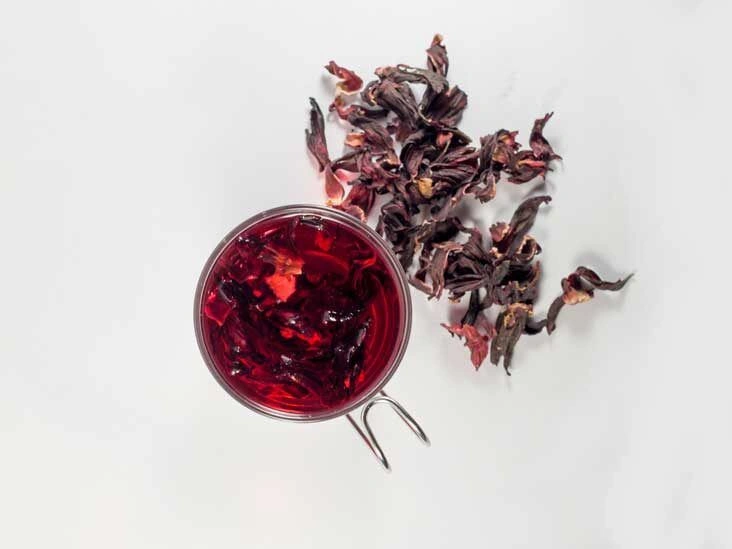
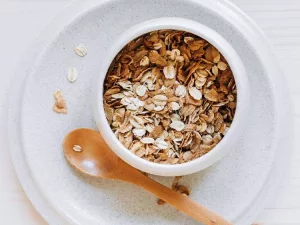




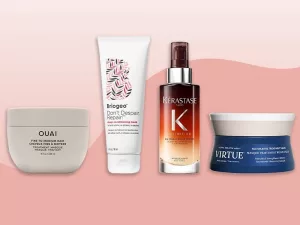
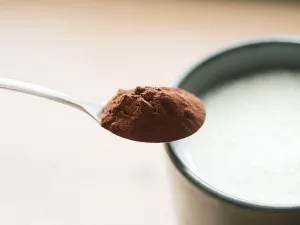
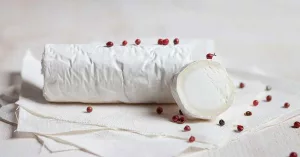



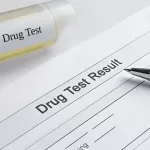
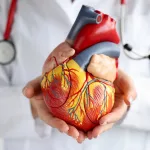


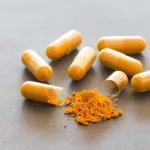
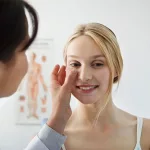
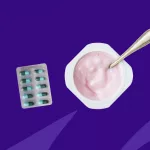


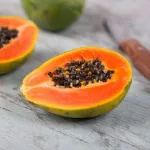
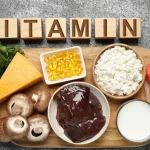
Leave a Reply
You must be logged in to post a comment.